“Be Strong and of a Good Courage”
Joshua 1–6; 23–24
LDS manual: here
Reading
After the last few lessons, I’ve gotten a bit tired of slaughter and genocide. Anyone hoping we’d get a break after the death of Moses will be disappointed; Moses has an able successor in Joshua, whose genocidal tendencies (also known as obedience) helped him to, in the words of the lesson manual: “ably [direct] the conquest and settlement of the promised land.”
The atrocities in the Book of Joshua are well known to every child in Sunday School. In addition to the siege of Jericho, the Israelites are alleged to have conducted the slaughter of multiple cities, including men, women, children, and animals.
Again, why is this slaughter necessary? Because Jehovah forgot to reserve some land for the Israelites.
We must conclude that God is an incompetent doofus who murders people to get around the problems that he himself set up. This isn’t out of character, and in fact forms the basis for the Atonement.
Chs. 1 – 2: Joshua and the Israelites are to besiege the city of Jericho. Joshua sends to spies to check the place out, and they find a sex worker named Rahab, who tells them everyone in Jericho is terrified of Israel. She hides the spies, and in return they promise that she and her family won’t be killed in the ensuing carnage.
Ask: Would you describe Rahab as a moral person?
Rahab is held up as an example of faith later in the Bible, but it’s hard to see how her actions are moral. She certainly sees which side her bread is buttered on. She lies to protect the enemy of her people, and made a deal for herself and her family. All these things we wouldn’t exactly call moral, but it was to the benefit of the Israelites, and that’s the only kind of morality the Bible seems to be concerned with so far.
This is a pattern we’ve seen all throughout the OT: Murder is wrong, unless God (or the leader) does it. Israel gets what it wants, and no one else matters.
To my way of thinking, this functions like a set of moral blinders, possibly the same set the believer will have in heaven, happy while their disbelieving family and friends are being tortured — or isolated, take your pick — for eternity. And this moral failure will continue through to the last chapter of Revelation.
Chs. 3 – 5: Joshua parts the waters of the Jordan — eh, Moses did it first — and the Israelites cross over. Joshua circumcises the men (owie owie owie), and the magical manna that’s been falling all this time stops.
Ch. 6: Joshua and troops surround the city for six days, walking around it and blowing horns. On the seventh day, they blow their horns and shout, and what happens next is the subject of songs and stories told to children: the walls came a-tumbling down. The kids’ stories gloss over what happens next:
6:21 And they utterly destroyed all that was in the city, both man and woman, young and old, and ox, and sheep, and ass, with the edge of the sword.
6:24 And they burnt the city with fire, and all that was therein: only the silver, and the gold, and the vessels of brass and of iron, they put into the treasury of the house of the LORD.
Ch. 7: The Israelites lose the next battle against the people of Ai, so when they try to figure out why, blame falls upon Achen, who’d hidden some of the spoils for himself. They murder him — and his family.
7:24 And Joshua, and all Israel with him, took Achan the son of Zerah, and the silver, and the garment, and the wedge of gold, and his sons, and his daughters, and his oxen, and his asses, and his sheep, and his tent, and all that he had: and they brought them unto the valley of Achor.
7:25 And Joshua said, Why hast thou troubled us? the LORD shall trouble thee this day. And all Israel stoned him with stones, and burned them with fire, after they had stoned them with stones.
Robert Ingersoll was an atheist back in the time of the US Civil War. It’s hard to imagine someone giving fiery denunciations of religion at that time, but that’s what he did. Here’s his commentary.
Joshua took the City of Jericho. Before the fall of the city he declared that all the spoil taken should be given to the Lord.
In spite of this order Achan secreted a garment, some silver and gold.
Afterwards Joshua tried to take the city of Ai. He failed and many of his soldiers were slain.
Joshua sought for the cause of his defeat and he found that Achan had secreted a garment, two hundred shekels of silver and a wedge of gold. To this Achan confessed.
And thereupon Joshua took Achan, his sons and his daughters, his oxen and his sheep—stoned them all to death and burned their bodies.
There is nothing to show that the sons and daughters had committed any crime. Certainly, the oxen and sheep should not have been stoned to death for the crime of their owner. This was the justice, the mercy, of Jehovah!
After Joshua had committed this crime, with the help of Jehovah he captured the city of Ai.
Ask: Are children responsible for the crimes of their parents?
Chs. 8 – 12: More genocide:
The city of Ai
8:25 And so it was, that all that fell that day, both of men and women, were twelve thousand, even all the men of Ai.
Tricksy Gibeonites: They were local — and therefore marked for death — but they pretended they’d come from far away, and made an allegiance with the Israelites. When they realised they’d been tricked, the Israelites honoured the deal (plus points for them), but made the Gibeonites slaves forever (many minus points for them).
9:22 And Joshua called for them, and he spake unto them, saying, Wherefore have ye beguiled us, saying, We are very far from you; when ye dwell among us?
9:23 Now therefore ye are cursed, and there shall none of you be freed from being bondmen, and hewers of wood and drawers of water for the house of my God.
Killing Amorites: The Israelites are killing the Amorites, and this gives God such a hateboner that he decides to wade in and kill them too. He makes sure to kill more of them with hailstones than the Israelites kill with weapons. Apparently this is a big-dick contest for him.
10:10 And the LORD discomfited them before Israel, and slew them with a great slaughter at Gibeon, and chased them along the way that goeth up to Bethhoron, and smote them to Azekah, and unto Makkedah.
10:11 And it came to pass, as they fled from before Israel, and were in the going down to Bethhoron, that the LORD cast down great stones from heaven upon them unto Azekah, and they died: they were more which died with hailstones than they whom the children of Israel slew with the sword.
God’s not through; he makes the sun stand still for a day so that more killing can be done in daylight.
10:12 Then spake Joshua to the LORD in the day when the LORD delivered up the Amorites before the children of Israel, and he said in the sight of Israel, Sun, stand thou still upon Gibeon; and thou, Moon, in the valley of Ajalon.
10:13 And the sun stood still, and the moon stayed, until the people had avenged themselves upon their enemies. Is not this written in the book of Jasher? So the sun stood still in the midst of heaven, and hasted not to go down about a whole day.
More cities: none left alive
10:40 So Joshua smote all the country of the hills, and of the south, and of the vale, and of the springs, and all their kings: he left none remaining, but utterly destroyed all that breathed, as the LORD God of Israel commanded.
Hazor
11:11 And they smote all the souls that were therein with the edge of the sword, utterly destroying them: there was not any left to breathe: and he burnt Hazor with fire.
The Anakims
11:21 And at that time came Joshua, and cut off the Anakims from the mountains, from Hebron, from Debir, from Anab, and from all the mountains of Judah, and from all the mountains of Israel: Joshua destroyed them utterly with their cities.
Ch. 13 contains a memorable passage.
13:1 Now Joshua was old and stricken in years; and the LORD said unto him, Thou art old and stricken in years, and there remaineth yet very much land to be possessed.
I remember reading this on my mission, and God seemed like some kind of evil sprite or something. “Come on, come on! There’s still so much more to kill!” I’m thinking Ryuk, if Kira were an old man. But slightly smaller and more impish.
Chs. 14 – end: A very long denouement, with lots of boring bullshit. The Book of Joshua does end with this well-known verse:
24:15 And if it seem evil unto you to serve the LORD, choose you this day whom ye will serve; whether the gods which your fathers served that were on the other side of the flood, or the gods of the Amorites, in whose land ye dwell: but as for me and my house, we will serve the LORD.
I’d just like to point out that at this stage of the action — with the slaughter of entire cities; men, women, children, and animals murdered; kings hung on trees; children punished for the crimes of their parents, and all at the command of a being who has an absolute and unchanging standard of morality — I’d say yes, it does seem evil to serve this being. As for me and my house, I’ll have nothing to do with him.
One more time for this graphic:
Main points from this lesson
Celebrating genocide is the mark of a small moral circle
In my missionary days, I was part of a singing quartet. Apparently something that talented young blighters do in the mission field. One of our songs was indeed “Joshua Fit the Battle of Jericho”. We sang “And the walls came tumbling down” with great gusto. Now I hate thinking about that. We didn’t seem to realise that we were celebrating genocide, and if we did, I don’t know if we would have minded.
Since becoming an atheist (and part-time humanist), I’ve become aware of the work of moral philosopher Peter Singer. The metaphor he uses is a circle. We start off caring about the people in our circle — people like us. But if we’re doing it right, we expand our circle of concern so that we care about people who are less and less like us, continuing to animals. Here’s his talk from the Global Atheist Con of 2012.
The view of morality presented by the Bible is firmly focused on the tribe. In a way, we can’t fault them for that; that’s where humanity was at the time. One would think that having input from a timeless, transcendent, all-loving god would have expanded their circle, but quite the contrary. Jehovah has no interest for people beyond his favourite tribe, and participates in the slaughter himself.
This is a hopelessly narrow kind of morality. As humanists, we can do better than religion.
Evidence for Jericho?
Did Jericho really happen? Fortunately, the evidence from archaeology has disconfirmed the Jericho story. Not only did the walls not come tumbling down…
Unfortunately for believers in biblical literalism, no strata of destruction that would correspond with such an invasion has yet been identified.
…but at the time of the alleged Jericho story, there was no wall at all.
Most significantly, although the LB was the period when an Israelite conquest would have happened, there was no trace of any fortifications during this period…. Therefore, although the Book of Joshua depicts Jericho as a mighty walled city when the Israelites encountered it, during this period it was in fact a meager, unfortified village. There were no walls to come tumbling down.
Does that mean I’m getting worked up over a genocide that never happened? Perhaps, but there’s more to the story than ‘did it happen’. Also significant is that there are millions of people who think it did happen, think it’s good that it happened, defend the god who they imagine made it happen, and are in fact disappointed and troubled to think that it didn’t happen. To me, it’s the best news I’ve heard all week.
I’m also amused to think that a group of people who today we consider bookish and intellectual imagined up for themselves a history of bloodthirsty carnage. Everyone overcompensates for something.
Did the sun stand still for a day?
According to Joshua, God himself stopped the sun in the sky so the carnage could continue.
10:12 Then spake Joshua to the LORD in the day when the LORD delivered up the Amorites before the children of Israel, and he said in the sight of Israel, Sun, stand thou still upon Gibeon; and thou, Moon, in the valley of Ajalon.
10:13 And the sun stood still, and the moon stayed, until the people had avenged themselves upon their enemies. Is not this written in the book of Jasher? So the sun stood still in the midst of heaven, and hasted not to go down about a whole day.
Now you must’ve heard the story about the NASA engineer who found the missing day:
They called in the service department to check it out and they said “what’s wrong?” Well they found there is a day missing in space in elapsed time. They scratched their heads and tore their hair. There was no answer. Finally, a Christian man on the team said, “You know, one time I was in Sunday School and they talked about the sun standing still.”
Hallelujah! Science confirms scripture! But science communicator Dr Karl debunks the story in his wonderful style:
But ignore the lies and exaggerations, and just think about the idea of a Missing Day. You can measure the length of a piece of string only if you can get to both ends of the string. In the same way, you can find a missing day only if you have known dates on each side of the missing day. Eclipses are ideal for this purpose, because they are such well-documented and memorable events. But at the time of Harold Hill’s lectures, the earliest documented eclipse was in 1217 BC, nearly two centuries after Joshua battled the Forces of Evil. In Harold Hill’s day, there were no eclipses documented before the time of Joshua, and so there was no way to find a Missing Day. It’s mathematically impossible.
The story is so thoroughly implausible that even Answers in Genesis and Creation Ministries International don’t believe it, and list it as an example of arguments Christians shouldn’t use.
The morality of selective Bible study
Let’s have a look at the real lesson manual. Did they run through all the carnage?
a. Joshua 1. The Lord calls Joshua to succeed Moses and commands him to be strong, have courage, study the scriptures, and keep the commandments. Joshua prepares the Israelites to possess the land that the Lord has promised them.
b. Joshua 3–4; 6. The Israelites cross the Jordan River on dry ground and place 12 stones as a memorial of their crossing. Through the Israelites’ faith, Jericho is destroyed.
Had to stop here. “Through their faith”. I suppose the swords and fire had nothing to do with it.
c. Joshua 23; 24:14–31. Joshua and his people covenant to serve the Lord.
Nope, they stop at Jericho, and skip over to the end. I guess class time is limited, and they would want to skip the bits that might disturb the membership. But is this an honest presentation of scripture?
How about the church’s presentation of Brigham Young? Even to this very day, his bio on the official church website says:
1824: Marries Miriam Works (23).
1832: Baptized into the Church and ordained an elder. Wife dies (31).
1834: Marries Mary Ann Angell.
First wife dies, marries another. There are no mentions of any of his other 53 wives; anyone would come away with the impression that Brother Brigham was a monogamist.
Mormonism has a culture that encourages obfuscation, prevarication, and lying by omission. Check out this video of this Mormon guy, explaining how to sidestep tough questions.
The manual is guilty of lying by omission, and this is a pattern in the church, as FlackerMan points out.
To get into the temple, a member has to affirm that they’re honest in their dealings with their fellow men. Members who can affirm this are certainly doing better than their church. But then what are we to expect from an esoteric mystical religion that teaches that the greater knowledge of godliness is to be held in reserve for those who have been initiated into the mysteries?
Additional ideas for teaching
Evolving ideas about the afterlife
Joshua is about to die, and there’s a curious thing about his death speech:
23:14 And, behold, this day I am going the way of all the earth: and ye know in all your hearts and in all your souls, that not one thing hath failed of all the good things which the LORD your God spake concerning you; all are come to pass unto you, and not one thing hath failed thereof.
“Going the way of all the earth” is how he describes it. But do you notice that there’s no follow-up:
- “And I testify that I shall come forth…” Nope.
- “My body shall rise again…” Nothing like that.
We won’t see anything about people rising from the dead until Job, and even then it’ll be vague and isolated from anything else in the Old Testament.
At this point in the Bible, the idea of an afterlife seems absent from Hebrew mythology. It’ll be one of Jesus’s big innovations, along with the idea of eternal punishment in Hell for unbelievers and evildoers.
Animal cruelty
In addition to killing all the land’s inhabitants, God commanded them to ‘hough the horses’.
11:6 And the LORD said unto Joshua, Be not afraid because of them: for to morrow about this time will I deliver them up all slain before Israel: thou shalt hough their horses, and burn their chariots with fire.
A ‘hough’ is a hamstring — the word is related to ‘heel’ — and to hough a horse is to cut its hamstrings, rendering it lame.
I suppose the idea is that Jehovah doesn’t want the Israelites to become good fighters on horseback. He wants them to be hobbled in battle, so that when they win, his big dick gets all the credit. That’s what it’s all about. And really, isn’t that worth a few hocked horses?
Remember this if anyone tells you that God cares for animals.
Leaving Joshua
Let’s wrap up the book of Joshua with a reading from “Skinny Legs and All“. You like a bit of Tom Robbins? I do.
The protagonist, Ellen Cherry, is talking to a Jewish character named Spike.
“You’re not exaggerating, Mr. Cohen? Wasn’t Canaan kind of a wilderness area that was open for settlement?”
“Hoo boy! You young people today, you’re knowing nothing very much. An advanced civilization, we’re talking about here. Already two thousand years old when the Hebrews invaded it. A lot of our culture comes from Canaan. You believe, darlink, that God told Moses go invade an advanced civilization, pilfer its territory, and kill all its people? Suppose in Westchester you had a nice house, and I stayed there the weekend as your guest, and then years pass and one day I come back and say, ‘God promised me your house.’ You would believe such a cockamamie story? No, you would not. So, okay, I murder you and your kids and your grandmother what’s in a wheelchair and your cat and your dog and your three goldfishes. And I say to the neighbors, ‘It’s my house now, don’t be peeing on my lawn.’ Hoo boy!”
“I guess we got America the same way,” ventured Ellen Cherry. “From the Indians.”
Spike ran his index finger, stubby and liver spotted, along the rim of his dry glass. “Okay, yes,” he said, “but at least John Wayne never said that God promised it to him. He honestly stole it.”
He paused. “I can tell you something?” He paused again, and Ellen Cherry could detect tearwater magnifying the green gooseberries of his eyes. “I can tell you something? Why I changed my birth name? Abu knows this, but no other body. I quote to you from the Old Testament. Joshua ‘carried off all the livestock of these cities,’ meaning the cities of Canaan, ‘but all the people he put to the sword, not sparing anyone who breathed.’ Joshua ‘plundered,’ Joshua ‘burned,’ Joshua massacred,’ Joshua ‘wiped them out,’ Joshua ‘put to death,’ Joshua ‘turned his forces,’ ‘all were taken by storm . . annihilated without mercy and utterly destroyed,’ Joshua ‘subdued,’ Joshua ‘slew,’ Joshua ‘left no survivors.’ In your Christian Bible you will find this nice story of this nice guy Joshua. You think I could go on living when I wear the name of such a man?”
Joshua (or Yeshua) was the successor to Moses. Later on, there will be another successor to Moses, and coincidentally another Yeshua. This’ll be Jesus. Looks like he didn’t have a problem with that name. Telling.
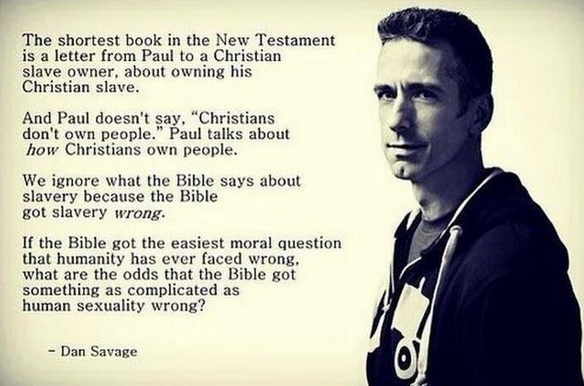

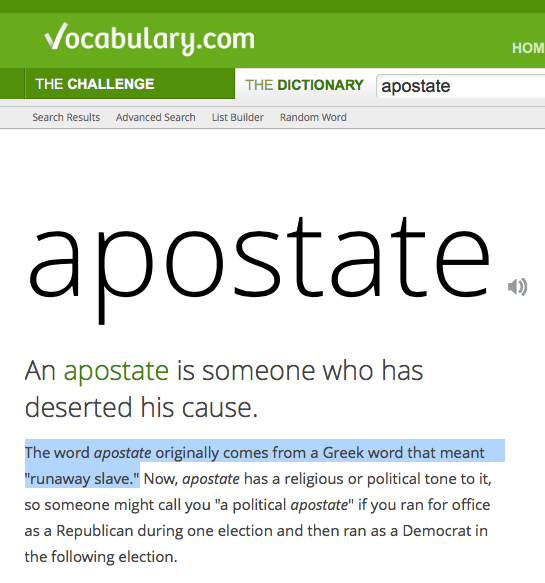
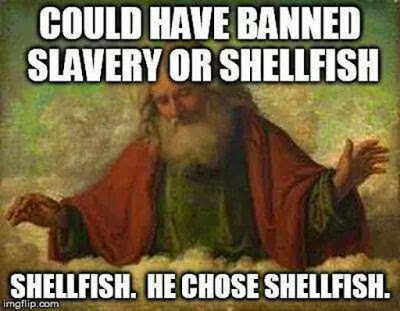
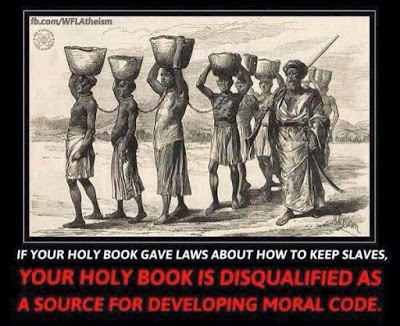
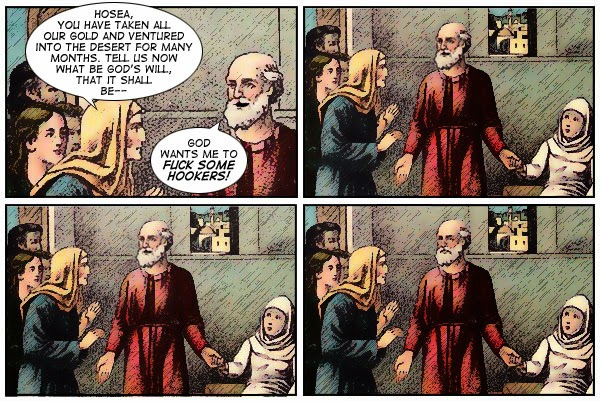
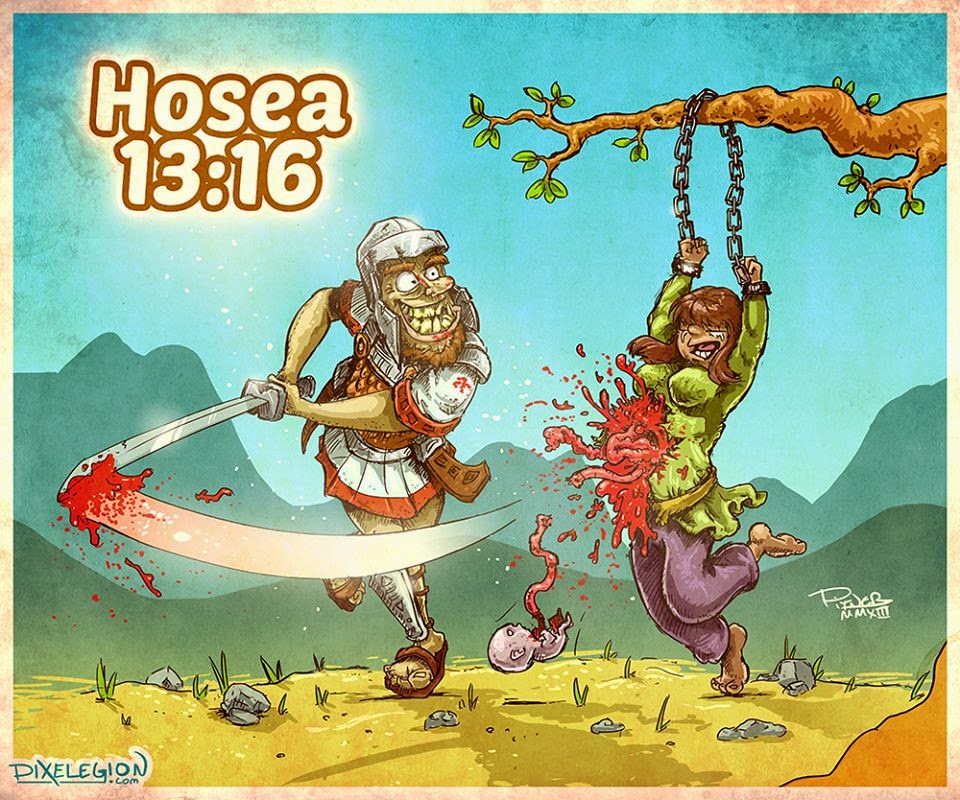
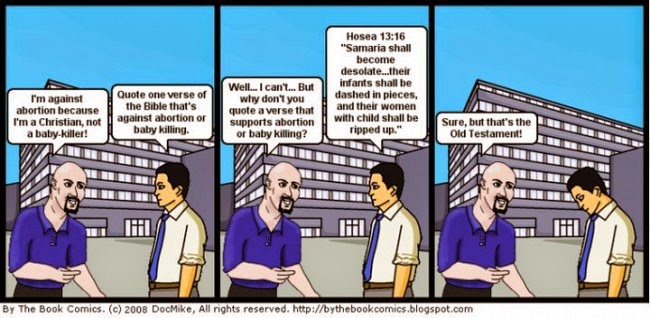

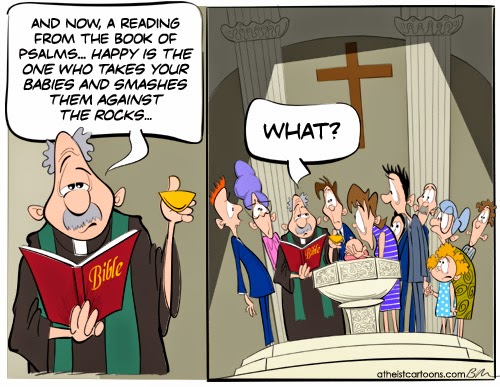
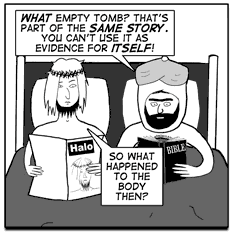



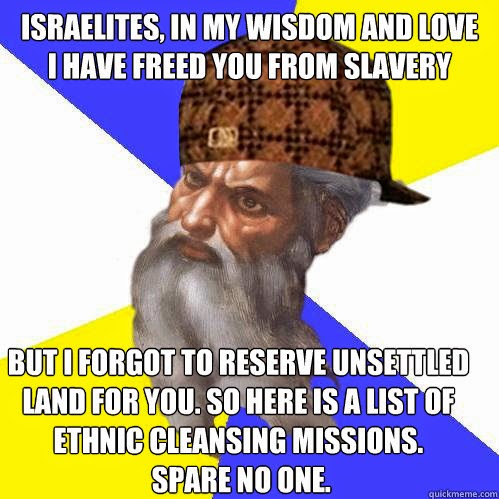
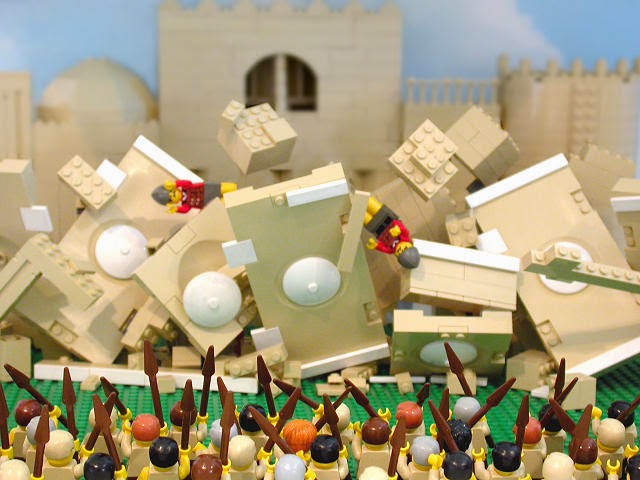
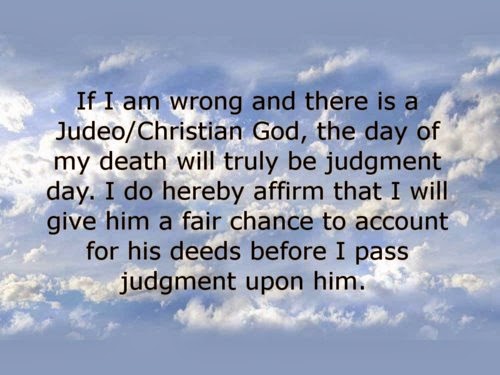


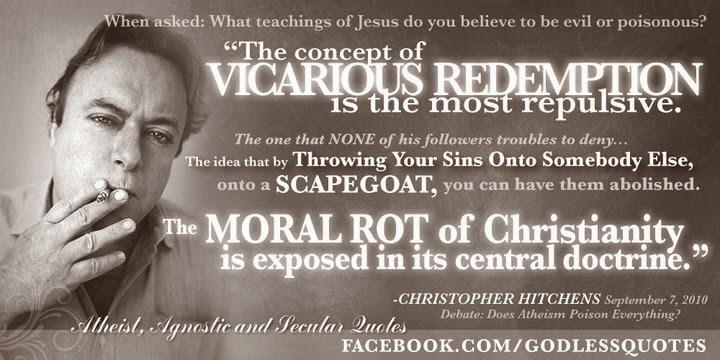


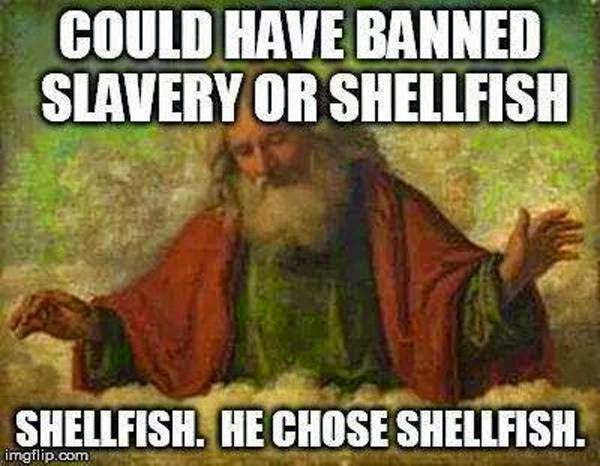


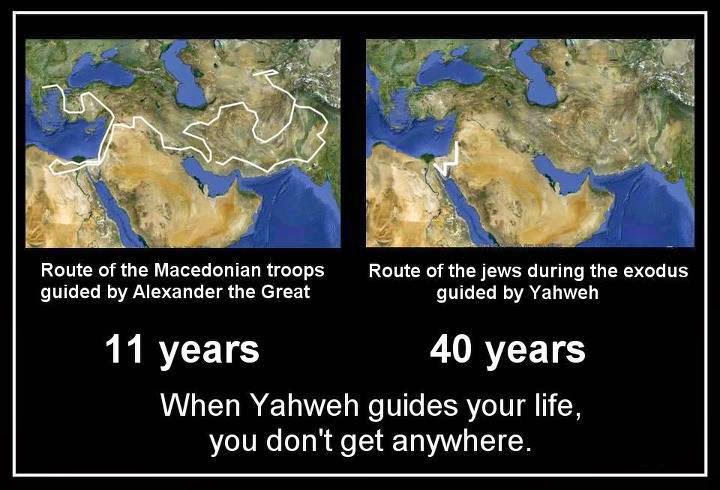

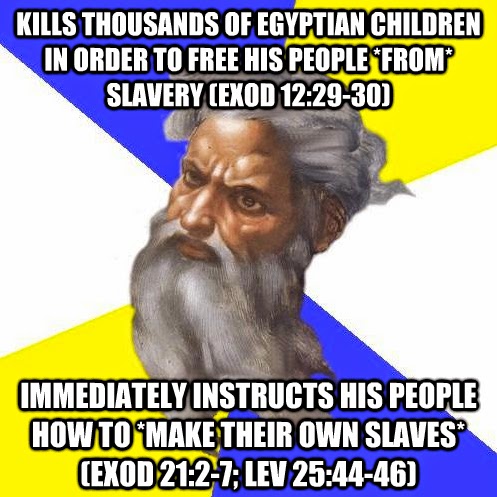


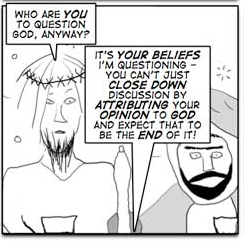







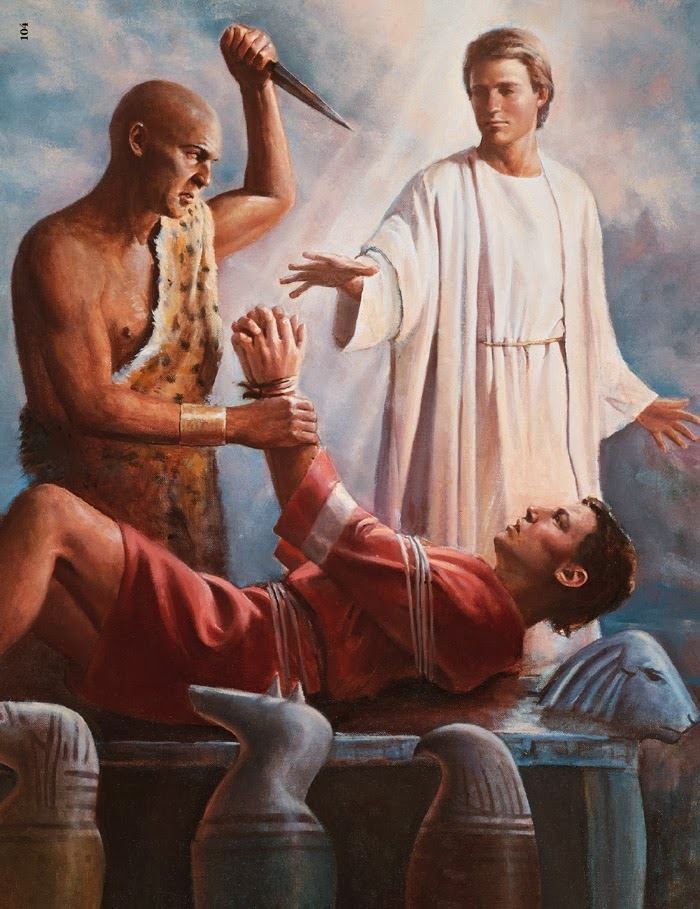


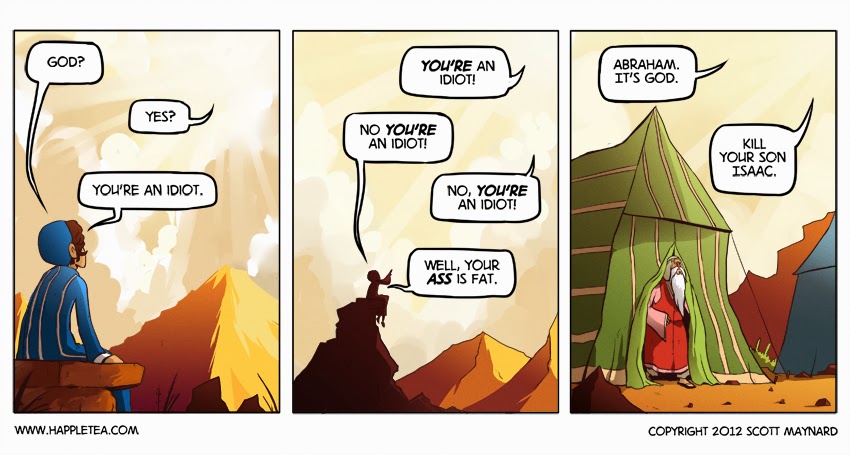
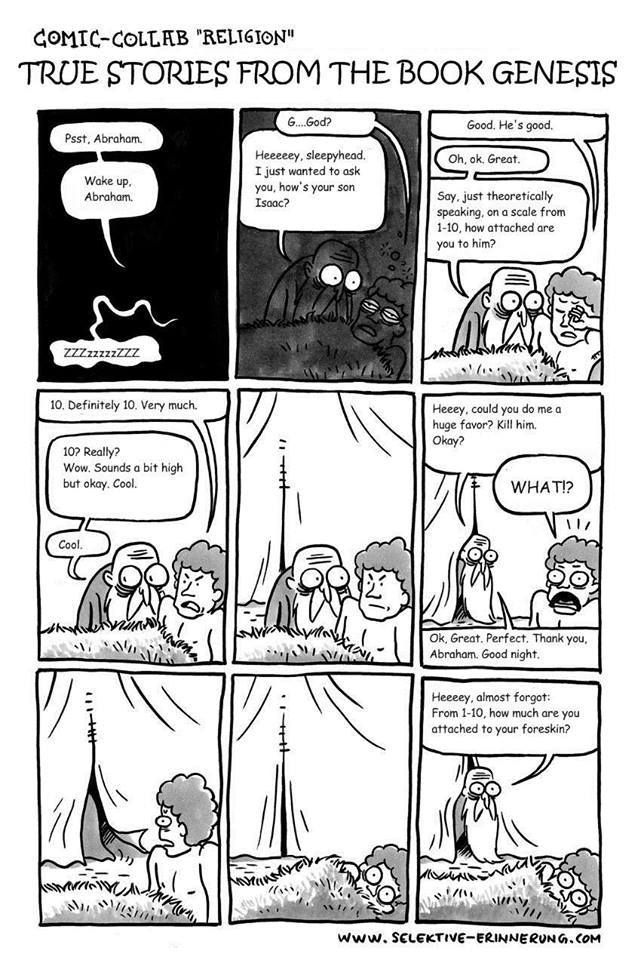
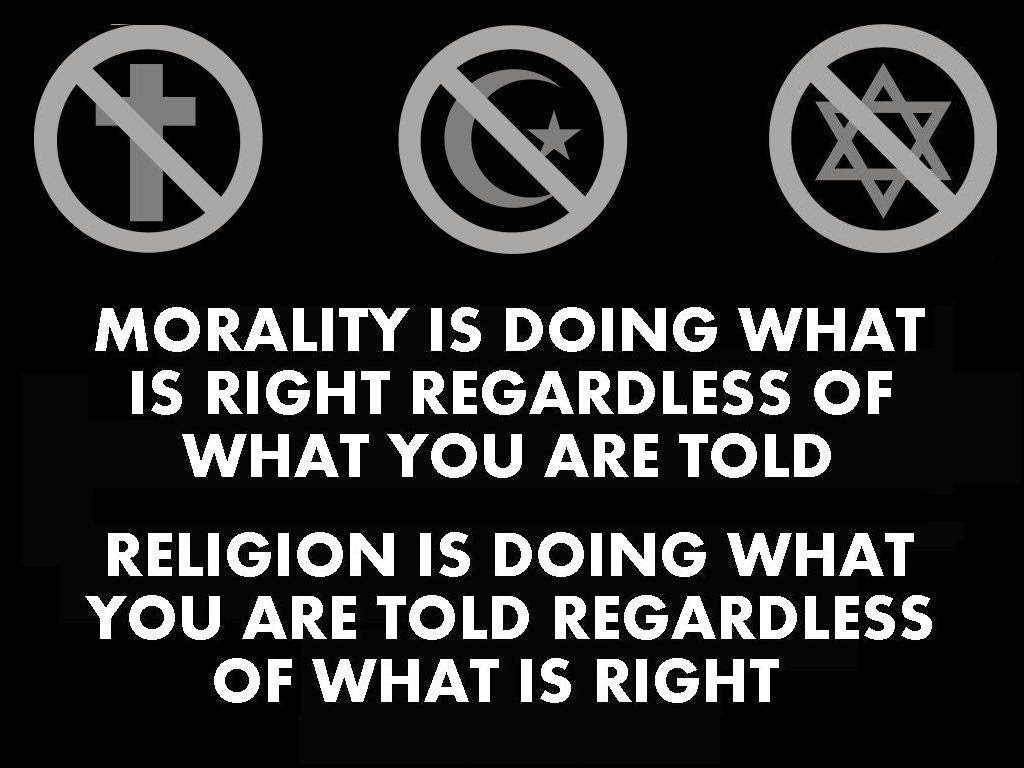
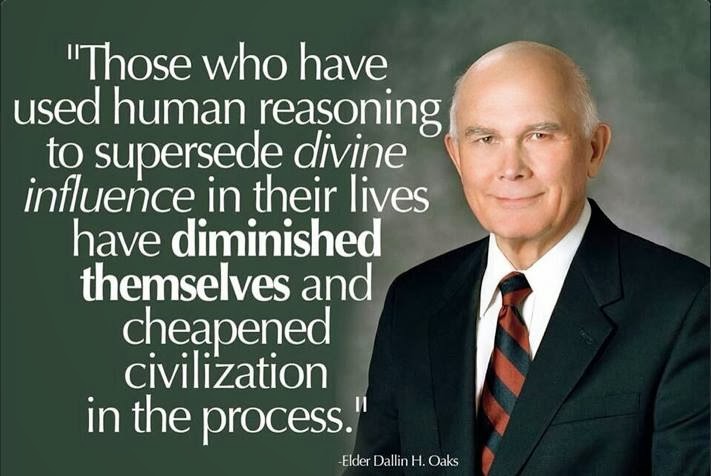
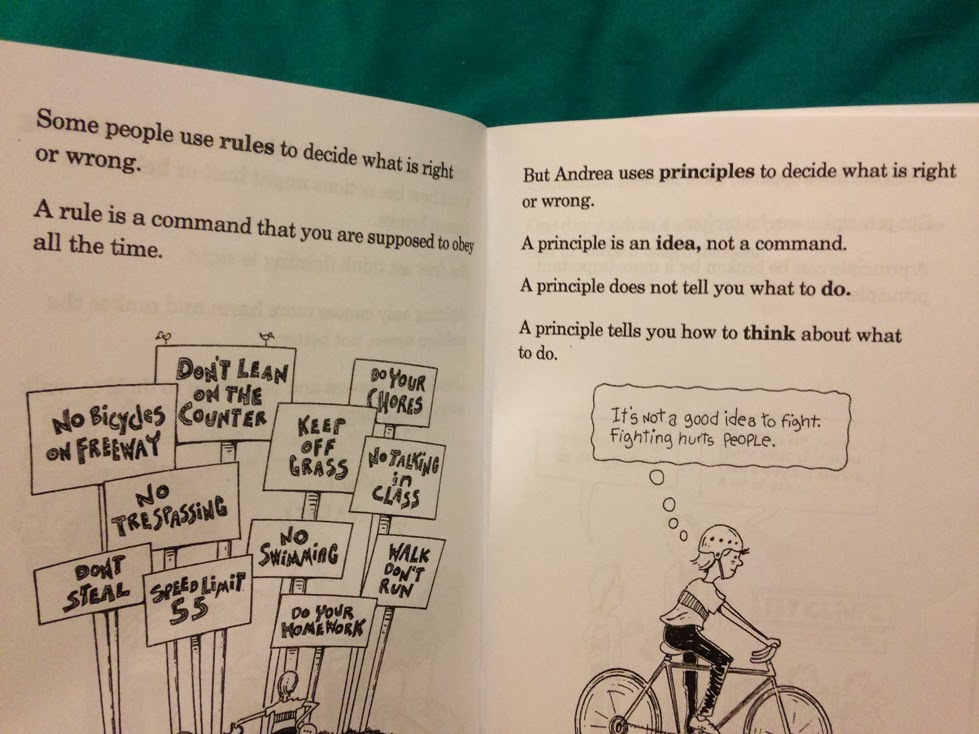
Recent Comments